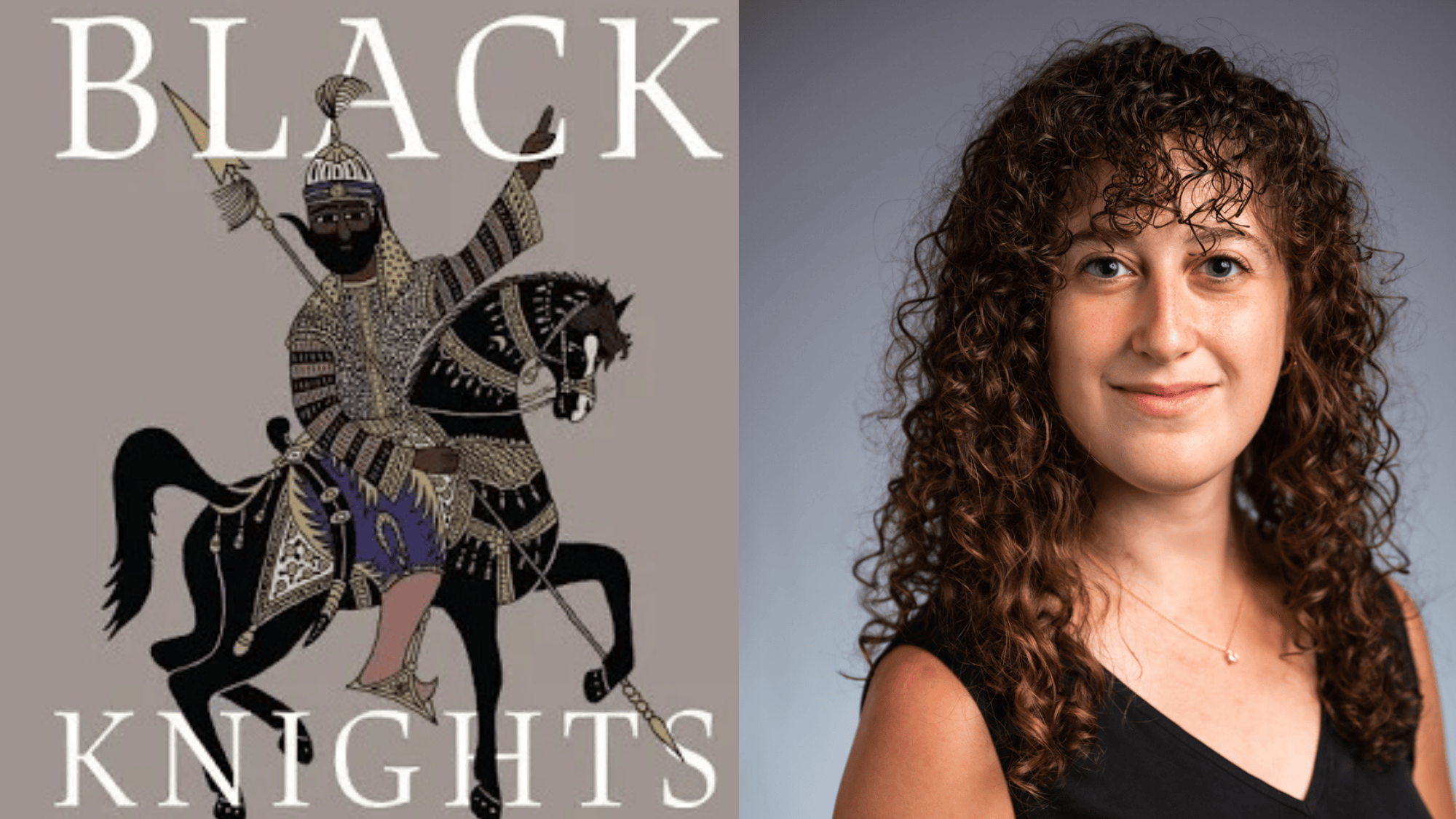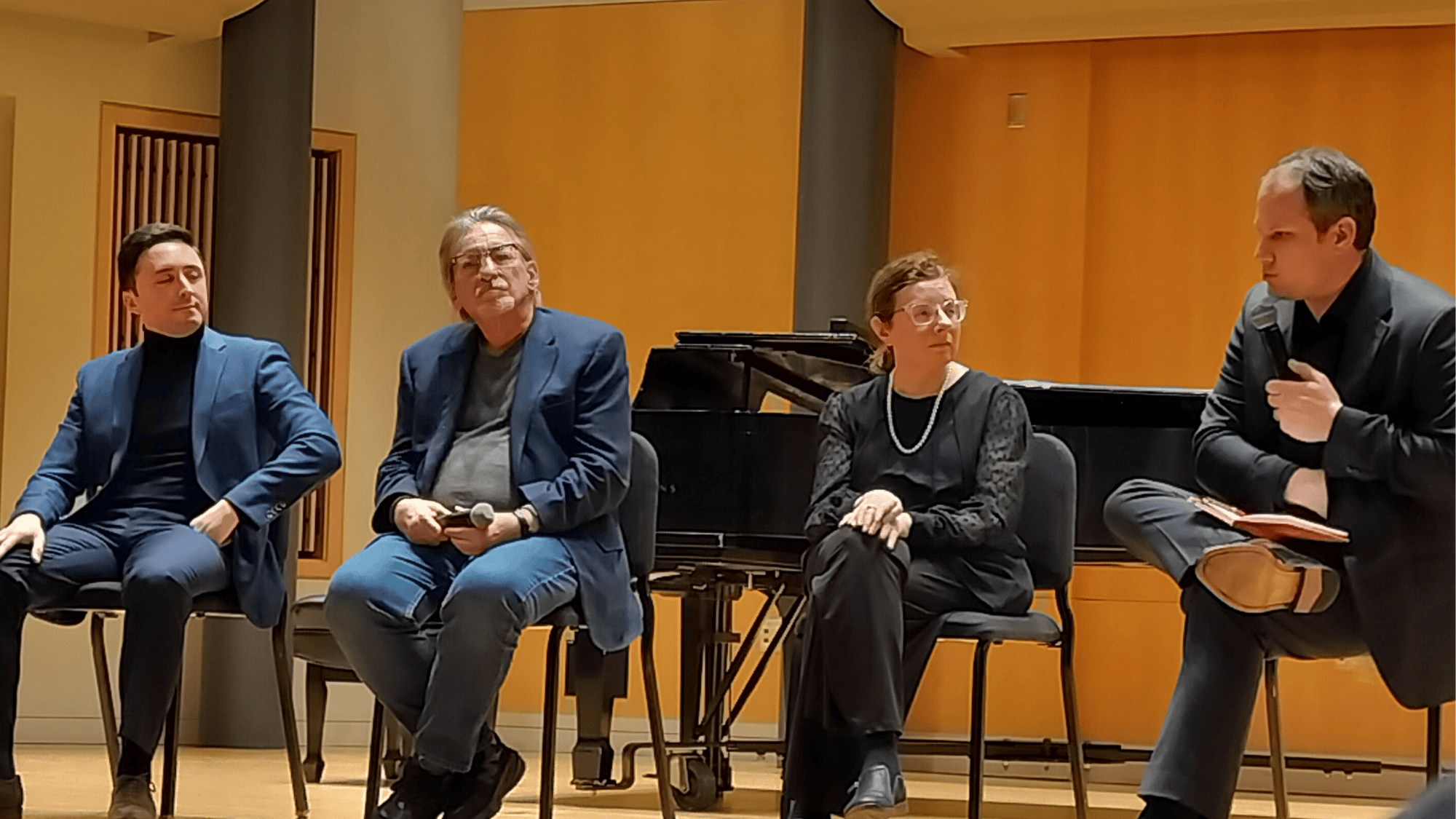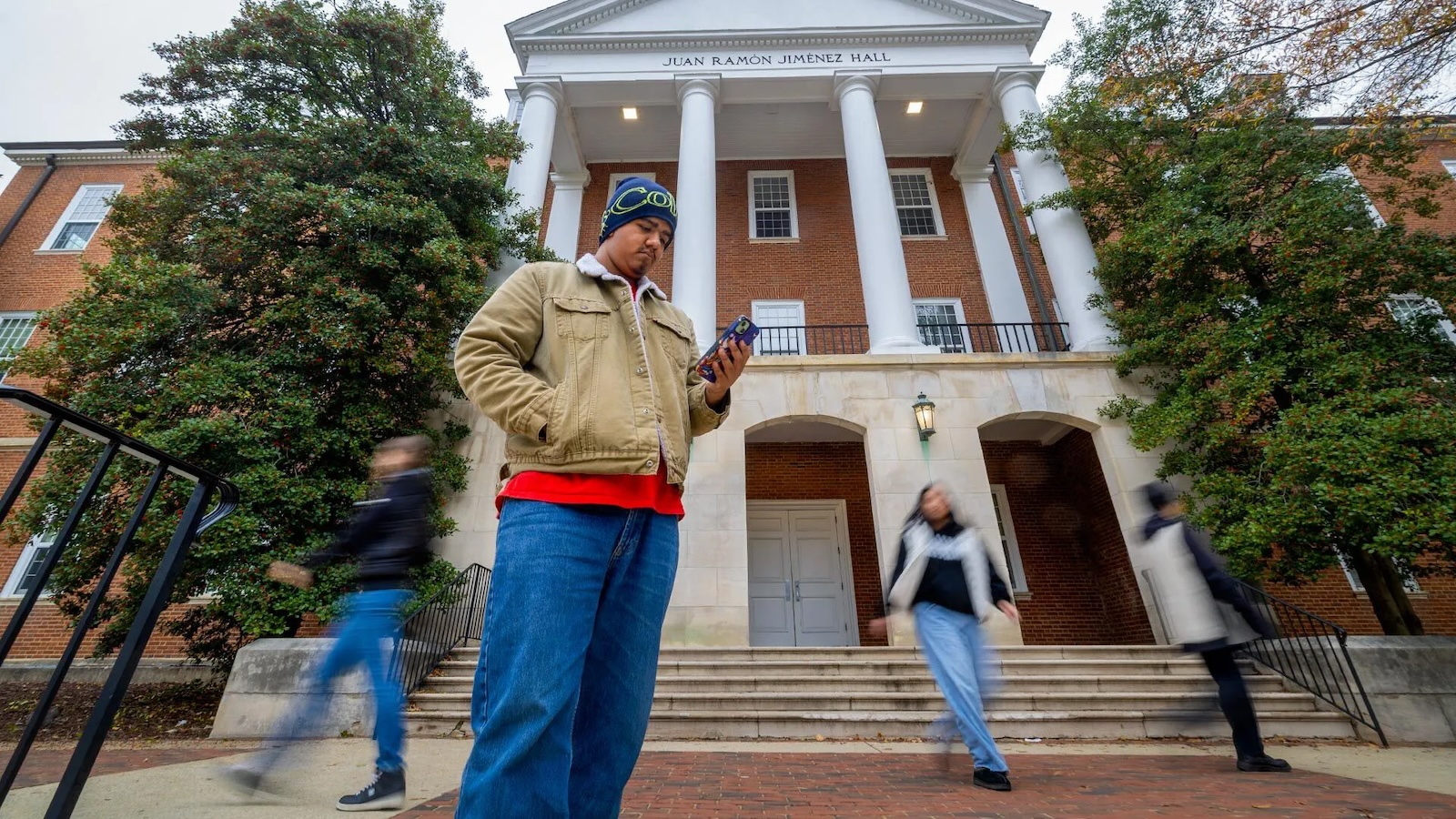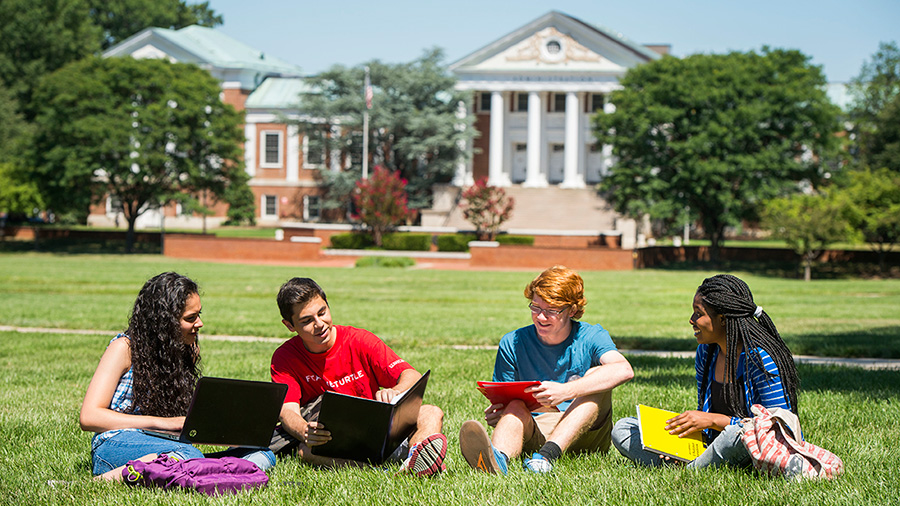University of Maryland School of Languages, Literatures, and Cultures Home
Welcome to the School of Languages, Literatures, and Cultures in the College of Arts and Humanities at the University of Maryland, College Park.
We invite you to learn more about our languages and programs, our undergraduate and graduate degrees and our special programs like the Language House Living-Learning Program, the Language Partner Program, the Persian Flagship Program, Project GO and the Summer Language Institutes.
About Us
Undergraduate Programs
Undergraduate Programs
The School is a transdisciplinary teaching and research unit. Our students, faculty, and staff investigate and engage with the linguistic, cultural, cinematic, and literary worlds of speakers of Arabic, Chinese, French, German, Hebrew, Italian, Japanese, Korean, Persian, Portuguese, Russian, and Spanish, as well as Cinema and Media Studies.
Graduate Programs
Graduate Programs
The School of Languages, Literatures, and Cultures offers three Ph.D. programs, four M.A. programs and an advanced graduate certificate in Second Language Acquisition. Our students pursue successful careers in academia, the government, secondary education and the private sector.
Graduate ProgramsFaculty and Staff
Alumni
Alumni
Stay connected with SLLC as an alum by sharing news of your accomplishments, joining our newsletter, attending events and giving back.
See SLLC in Action
News and Announcements View All News
Go Beyond the Classroom
Recent Research ActivitiesResearch and Innovation
Le Regard d'Angelopoulos sur l'Odyssée/Angelopoulos’ Gaze on the Odyssey
This article offers a study of Homeric myths as they were conceived and treated by the Greek filmmaker Theódoros Angelópoulos.
Author/Lead: Caroline EadesNon-ARHU Contributor(s): Françoise Létoublon
The fifth and final section of this book, “Cinematic Echoes,” contains three contributions whose common feature is a shift from words on the page to images on the big screen, from Greece to the United States. To this end, Caroline Eades (University of Maryland) and Françoise Létoublon (Université Grenoble Alpes) develop the work of Milman Parry and Albert B. Lord on Homer and the Serbo-Croatian oral tradition to situate the oeuvre of filmmaker Theo Angelopoulos within the lineage of Greek and Balkan oral poetry. Such an approach—diachronic (from Homer to the present), geographic (from Greece to the Balkans), and interdisciplinary (at the intersection of literature, cinema, and anthropology)—aims to demonstrate that this tradition is not disappearing, since it finds in Angelopoulos’s films an updating and reactivation that make it a deliberate means for expressing and disseminating myths today.
Rethinking Displays of Chinese Contemporary Art. Cultural Diversity and Tradition
This book explores diverse approaches to the displaying of Chinese contemporary art and discusses Chinese contemporary art’s relationship to cultural diversity, tradition and social activism/artivism.
Author/Lead: Jason KuoNon-ARHU Contributor(s): Paul Gladston, Lynne Howarth-Gladston, Johnson Tsong-zung Chang
This is the first edited collection to critically address in its entirety questions related to the displaying of Chinese contemporary art. It includes chapters by scholars and cultural workers from diverse backgrounds involved in the interpretation of artistic as well as curatorial discourses and practices. Each of those chapters gives a detailed account of a particular, socio-culturally informed, approach to the making and showing of Chinese art - including in relation to queer identities, transculturality, the use of social media, artivism, social engagement, institutional critique, and neo-Confucian aesthetics. Together they present a vital intervention with established curatorship amidst the intensely interconnected and increasingly multi-polar cultural conditionalities of early 21st-century contemporaneity.
The Celluloid Atlantic: Hollywood, Cinecittà, and the Making of the Cinema of the West, 1943–1973
This book makes the trailblazing argument that culturally hybrid genres like the so-called spaghetti Western were less the exceptions than the norm.
Author/Lead: Saverio GiovacchiniThe Celluloid Atlantic changes the way we look at American and Italian cinema in the postwar period. In the thirty years following World War II, American and Italian film industries came to be an integrated, transnational unit rather than two separate, nation-based entities. Written in jargon-free prose and based on previously unexplored archival sources, this book revisits the history of Neorealism, World War II combat cinema, the "Western all'Italiana," and the career of John Kitzmiller, the African American star who made Italy his home and was the first person of color to win the Best Actor Award at the Cannes Film Festival. Giovacchini argues that the waning of the Celluloid Atlantic in the early 1970s was due to the economic policies of the first Nixon administration, specifically its important, but largely neglected, Revenue Act of 1971, as well as to the ideological debates between Europeans and Americans that intensified during the American intervention in Vietnam.
Land Acknowledgement
Every community owes its existence and strength to the generations before them, around the world, who contributed their hopes, dreams, and energy into making the history that led to this moment.
Truth and acknowledgement are critical in building mutual respect and connections across all barriers of heritage and difference.
So, we acknowledge the truth that is often buried: We are on the ancestral lands of the Piscataway People, who are the ancestral stewards of this sacred land. It is their historical responsibility to advocate for the four-legged, the winged, those that crawl and those that swim. They remind us that clean air and pristine waterways are essential to all life.
This Land Acknowledgement is a vocal reminder for each of us as two-leggeds to ensure our physical environment is in better condition than what we inherited, for the health and prosperity of future generations.
Office of Diversity and Inclusion





